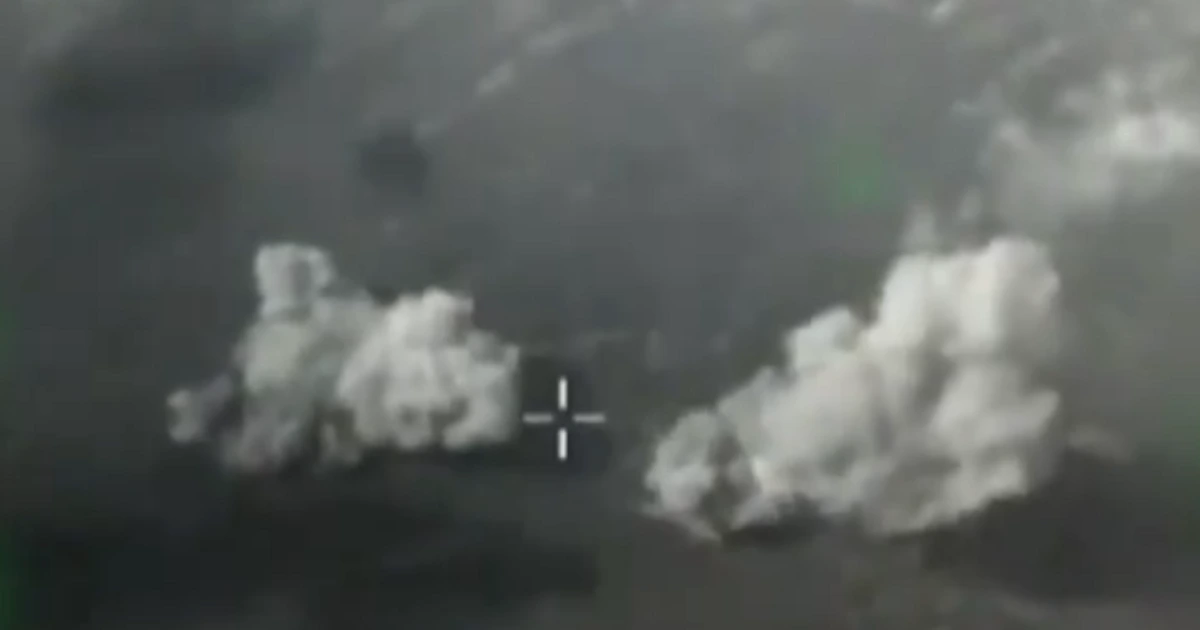In response to Iran’s missile attack on Tuesday, which involved more than 180 ballistic missiles, Israel is poised to strike back. One possible avenue for retaliation is targeting Iran’s military installations, particularly those involved in the production and launch of ballistic missiles. Analysts suggest that Israel may prioritize striking Iranian air defense systems and missile launch facilities. These installations are seen as critical to Iran’s offensive capabilities and neutralizing them would be an in-kind response to the missile barrage. Given the precision and scope of Israel’s air defense systems, such a counterstrike could effectively weaken Iran’s military infrastructure.
Striking Iran’s Nuclear Facilities
Another potential and more aggressive option is for Israel to target Iran’s nuclear facilities. Striking these sites could set back Tehran’s nuclear ambitions, though such an action would carry high risks. Iran’s nuclear program is scattered across numerous locations, with many sites built underground, making them difficult to destroy. A major attack on Iran’s nuclear infrastructure could provoke a fierce retaliation, potentially escalating tensions in the region. Although Israel has considered such a strike in the past, it’s uncertain whether Washington would support it, as the U.S. has warned against actions that could push Iran toward a full-scale nuclear weapons sprint.
Attacking Iran’s Petroleum Production
Beyond military targets, Israel could opt to strike at the heart of Iran’s economy—its petroleum production infrastructure. This would not only cripple Iran’s financial resources but could also trigger a wider economic conflict. Such an attack might lead Iran to retaliate by targeting oil facilities in Saudi Arabia and other Gulf states, causing a significant spike in global oil prices. Analysts point out that while this could disrupt the global economy, Israel may view the potential for a fuel price hike as politically advantageous, aligning with former President Donald Trump’s election prospects. However, the broader consequences of such an action could further destabilize the region.
Cyber Warfare and Economic Sanctions
While a military response remains the most likely, Israel could also explore less conventional methods of retaliation. One such option is cyber warfare. Israel’s advanced cyber capabilities, notably through Unit 8200, have proven effective in past conflicts, and could be deployed to disrupt Iran’s critical systems. Israel could also coordinate with the U.S. to ramp up sanctions against Iran, adding to the extensive economic restrictions already in place. These measures would avoid direct military engagement but still apply significant pressure on Tehran. Ultimately, Israel has a range of options at its disposal, and its response could combine multiple strategies.
FAQs About Iran vs. Israel Conflict
Q: Why did Iran launch the missile attack on Israel?
A: The exact motivations behind Iran’s attack are unclear, but it could be part of ongoing tensions between the two nations, especially over military and nuclear issues.
Q: Has Israel attacked Iran in the past?
A: While Israel has not conducted direct military strikes on Iran itself, it has carried out operations against Iranian assets and proxies in Syria and other regions.
Q: What is the U.S. stance on an Israel-Iran conflict?
A: The U.S. supports Israel but has cautioned against strikes that could escalate the situation, particularly against Iran’s nuclear facilities.
Q: How could this conflict impact global oil prices?
A: An attack on Iran’s oil production could lead to retaliatory strikes on Gulf oil infrastructure, potentially causing a spike in global oil prices.

1 thought on “Israel’s Potential Responses to Iran’s Missile Barrage: Military, Economic, and Cyber Options on the Table”